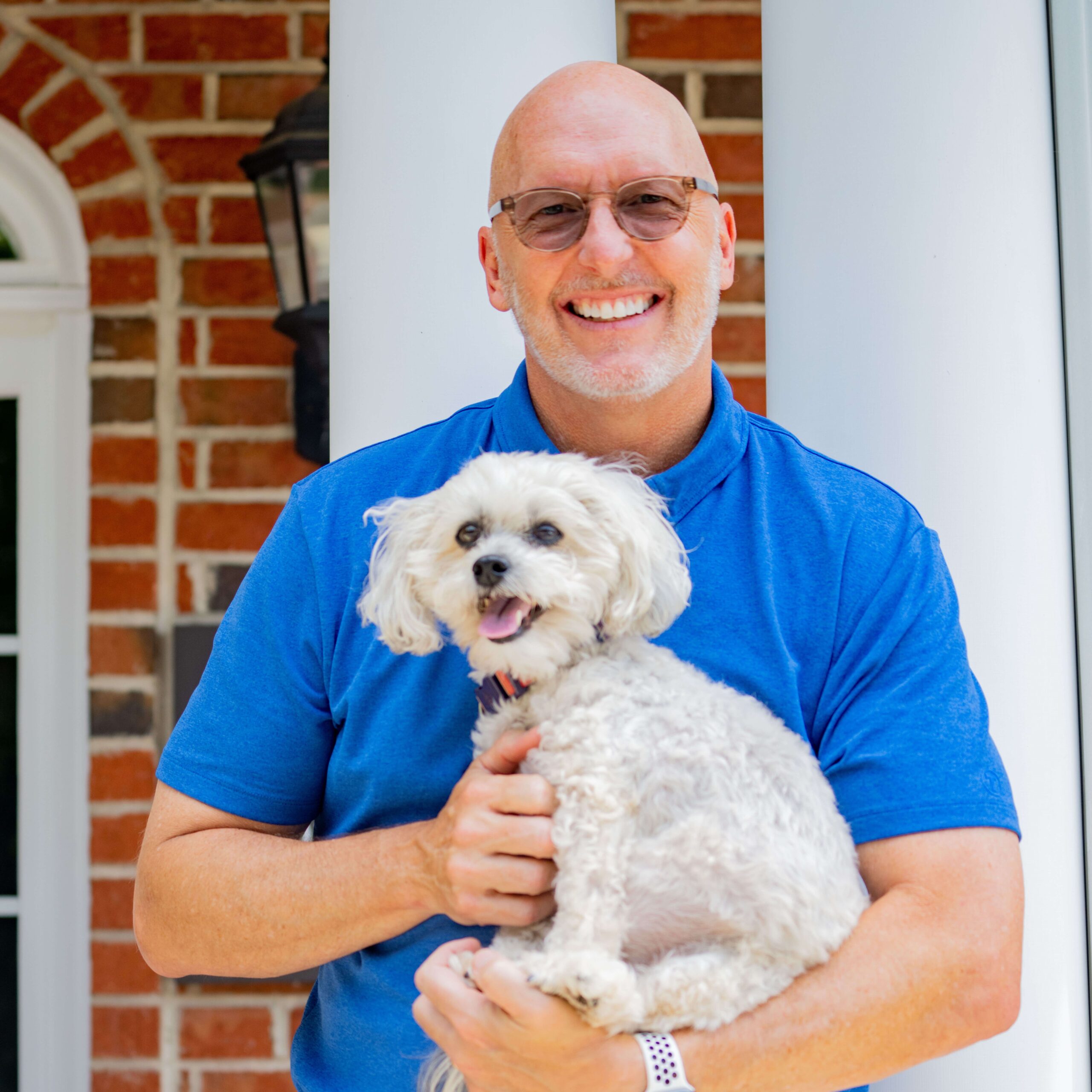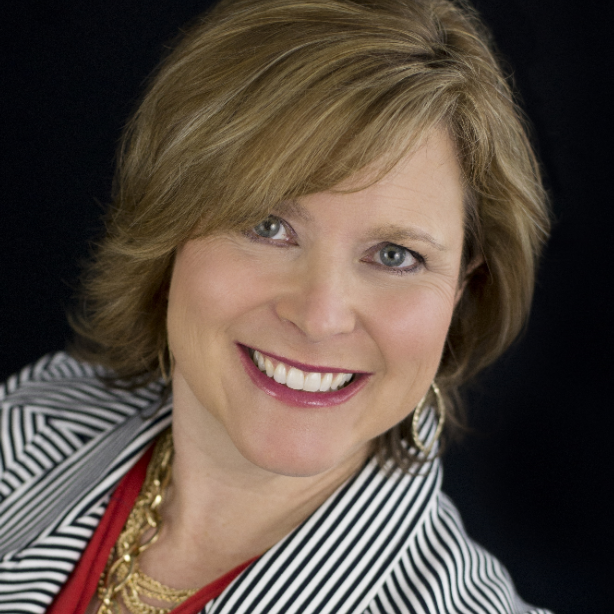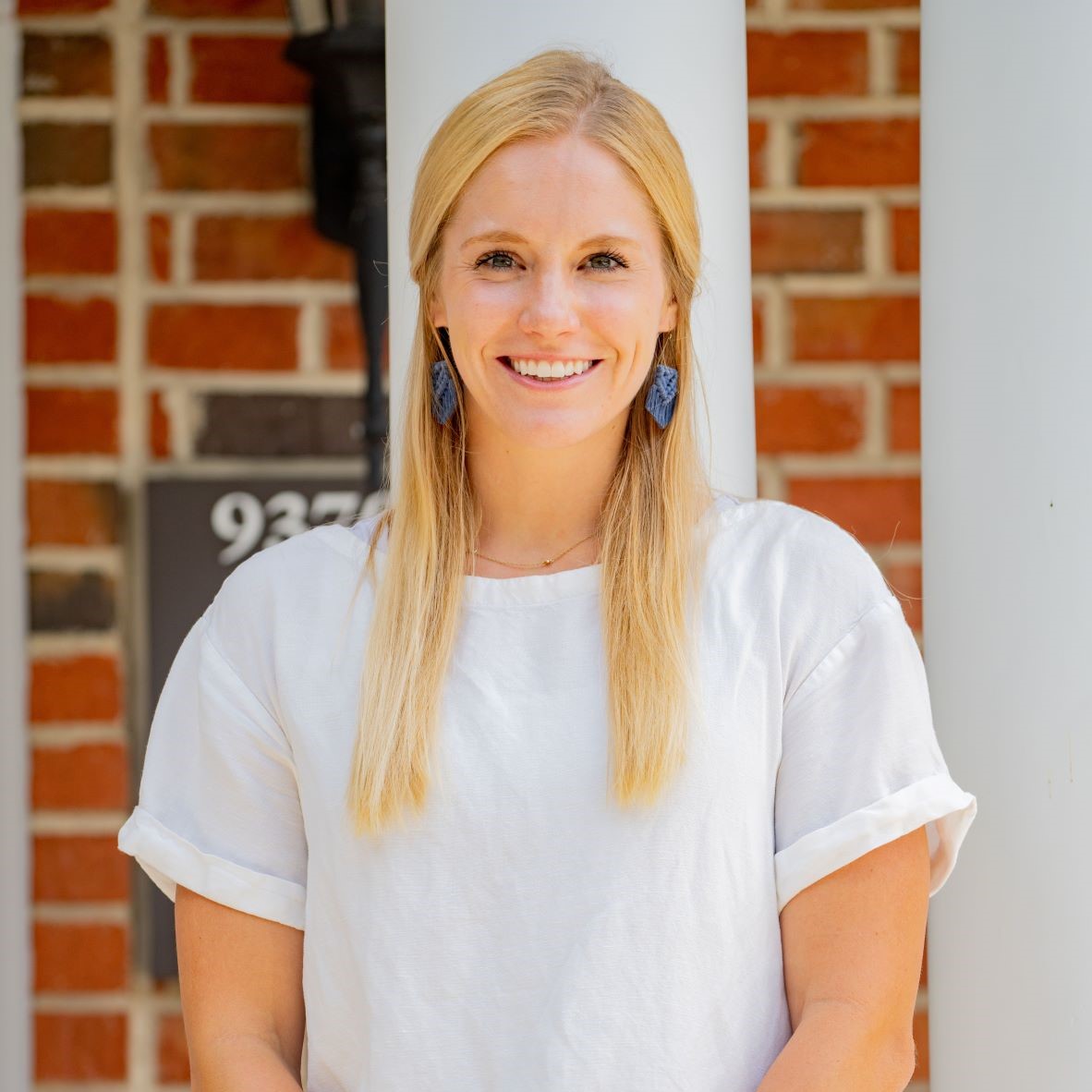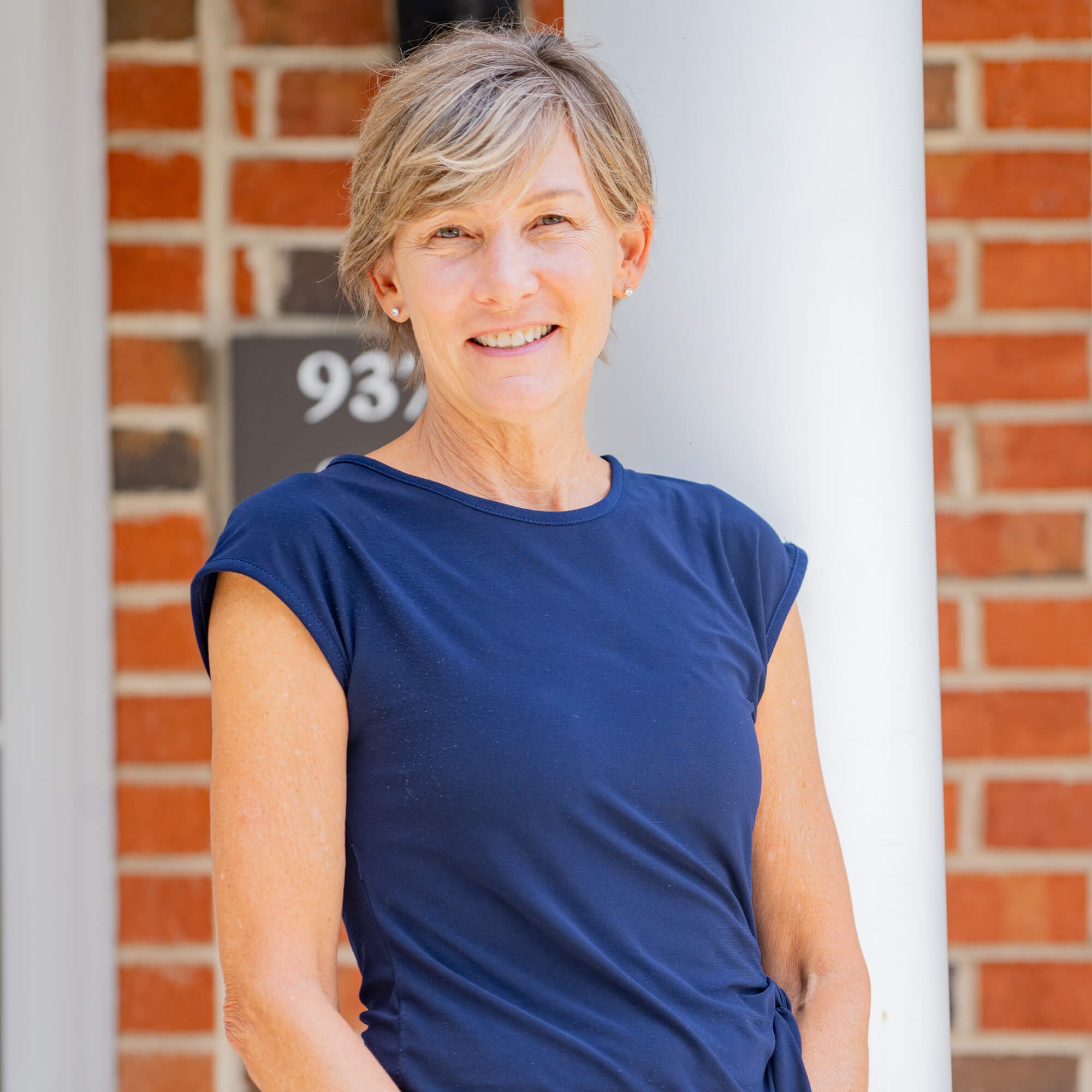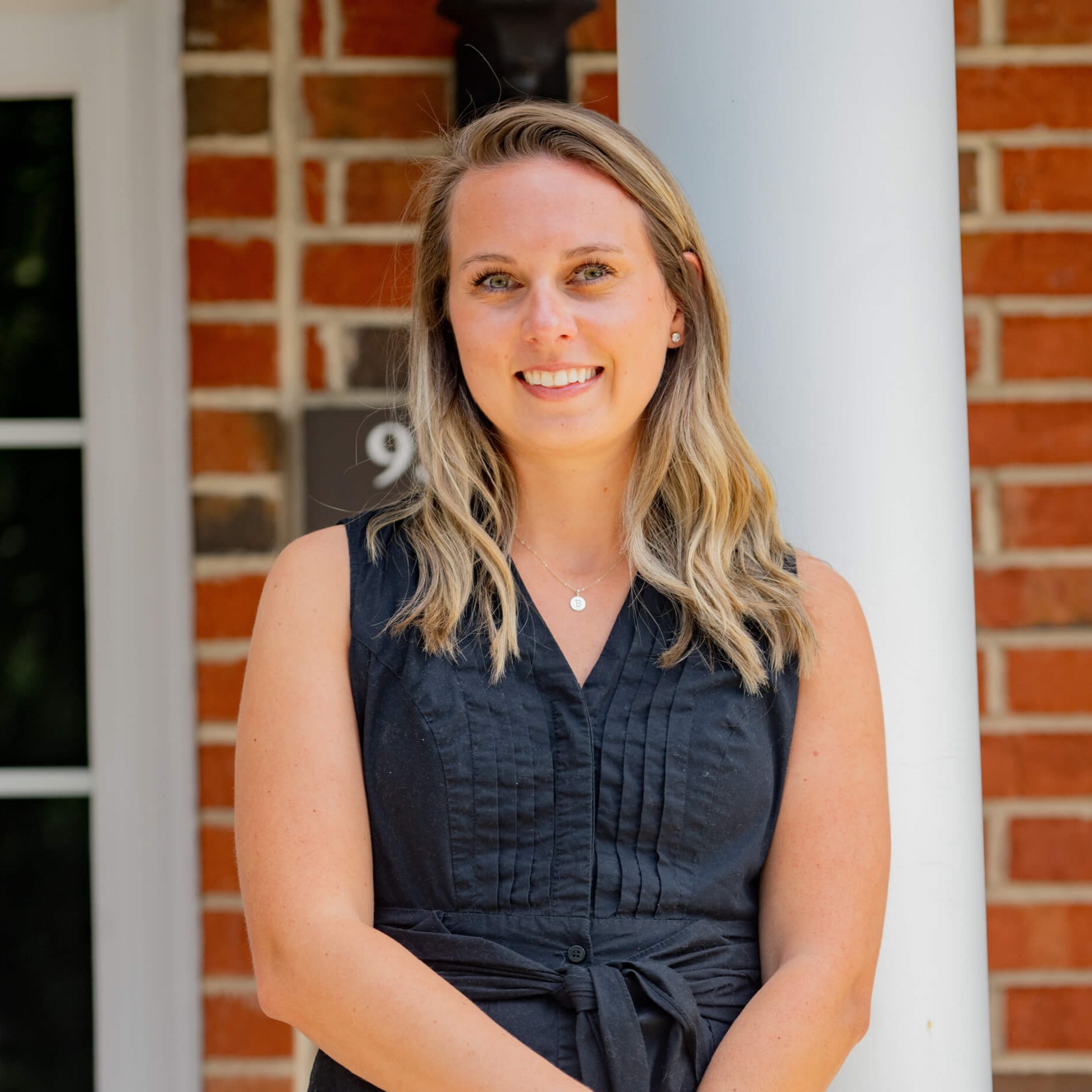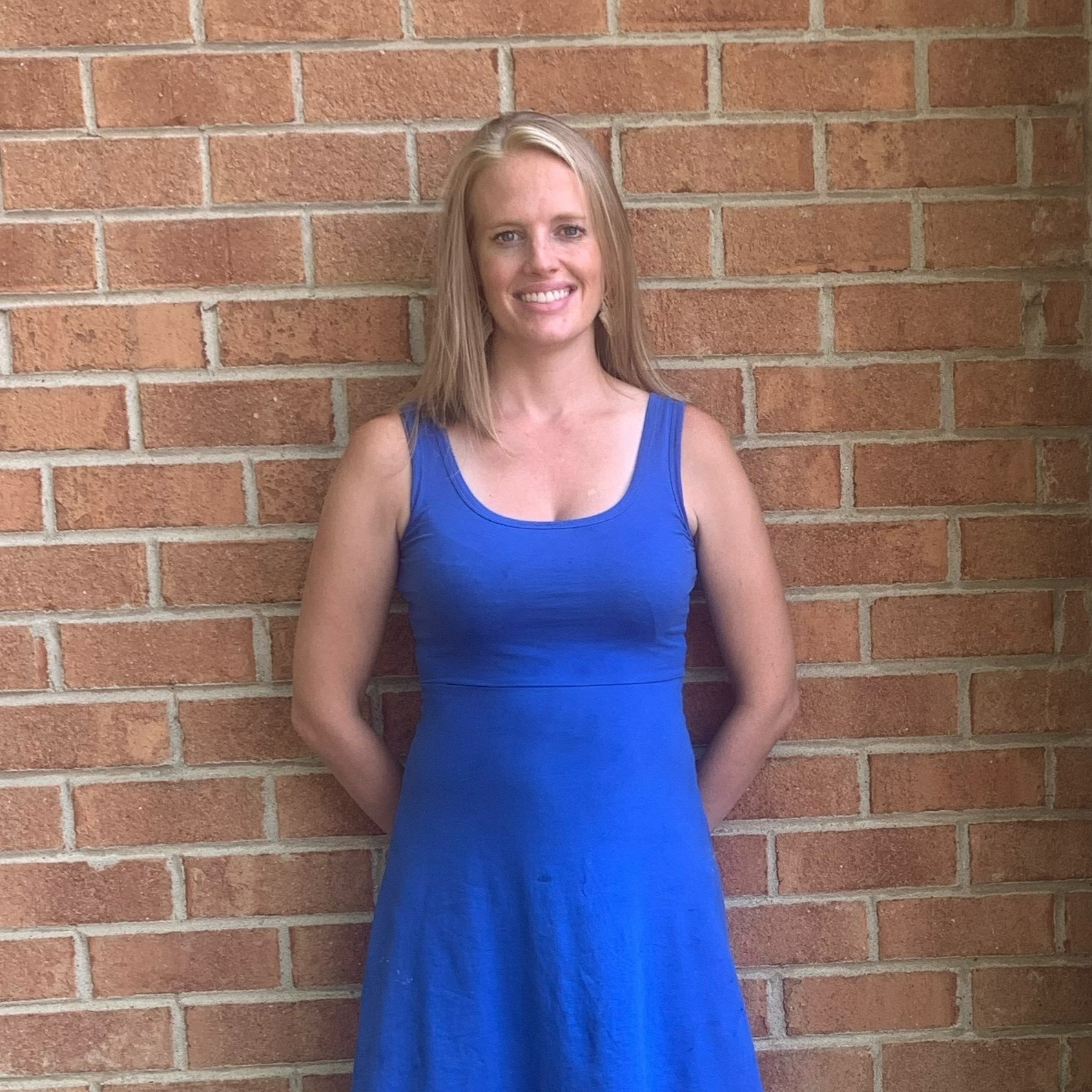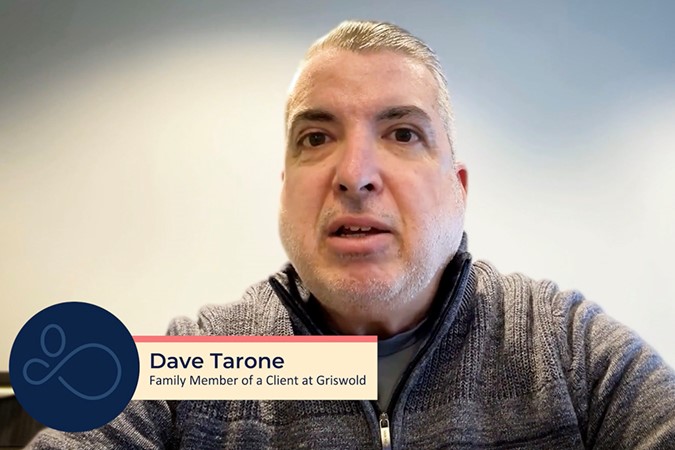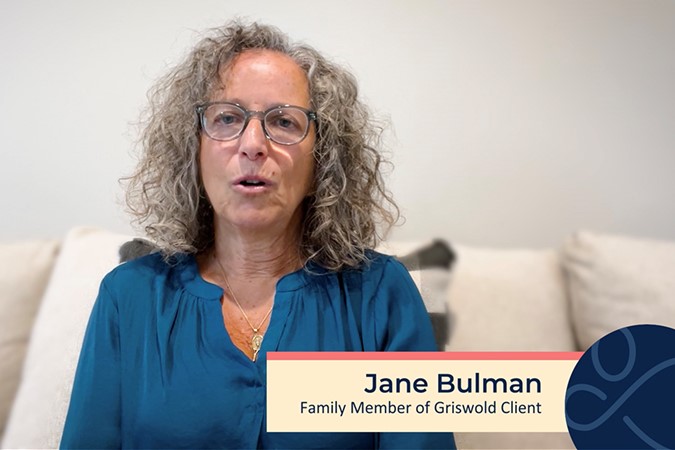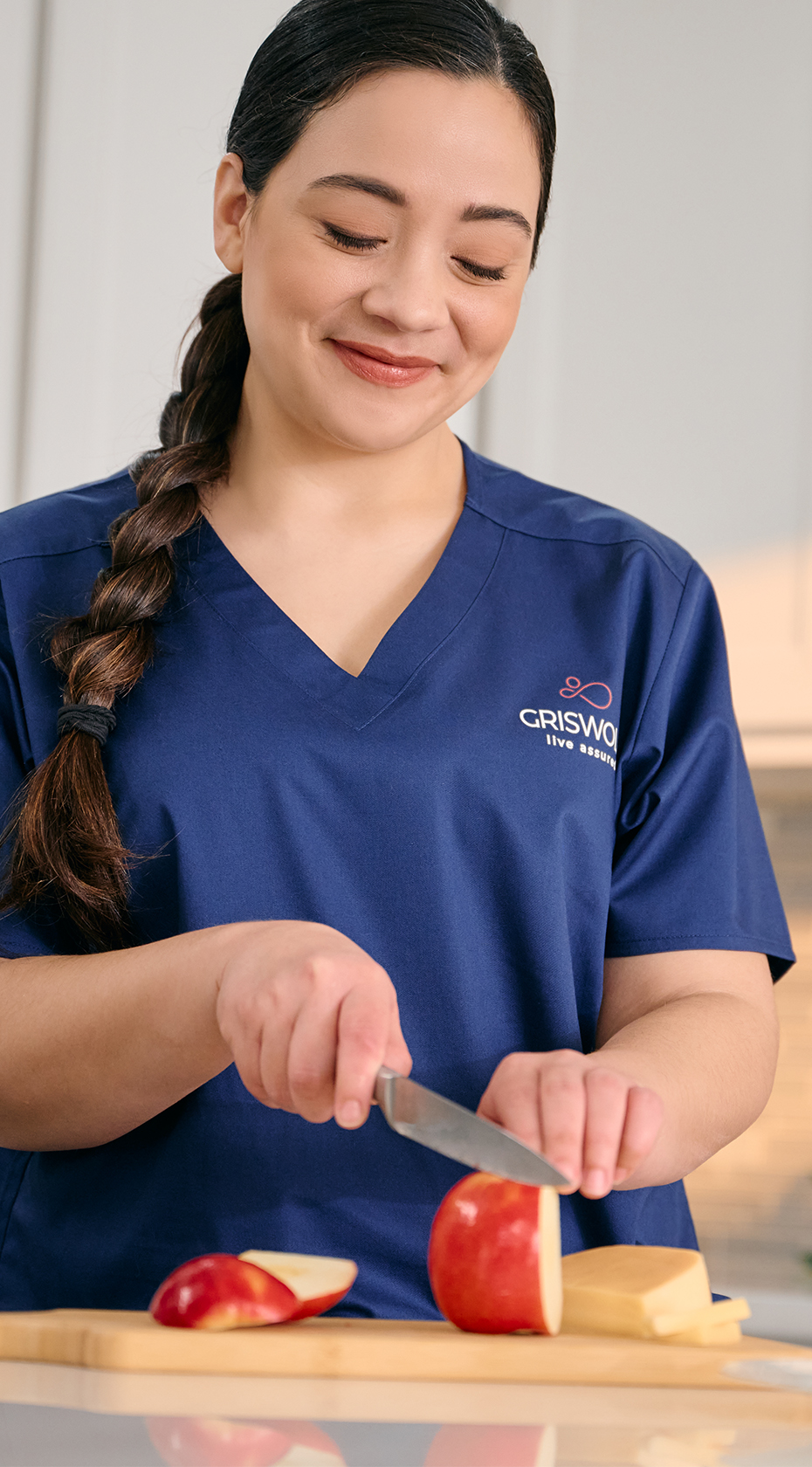
Why Griswold?
Griswold is an award-winning pioneer in the home care industry, with over four decades of experience and a storied legacy of compassion and integrity. We believe Care Professionals are the foundation of our success, and people deserve to live where they love as they age. Our commitment to innovation is based on our desire to improve the lives of everyone we touch, right here in our own community.
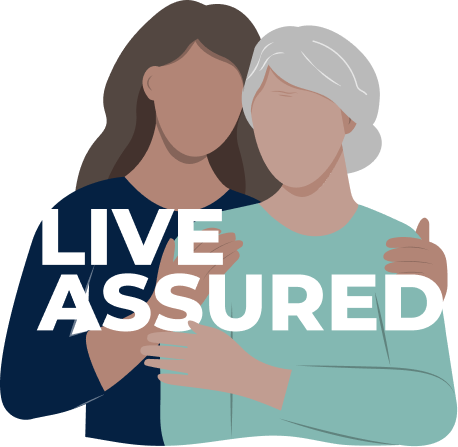
At Griswold, Care is Personal
Our work is about people, and we support the unique needs of clients with respect, empathy, and dedicated attention. We focus on personal care, homemaking, companionship, and support for those with chronic conditions, illnesses, or injuries.
Gentle, hands-on support for essential tasks like bathing, grooming, dressing, and more.
A friend to engage with for activities, hobbies, errands, conversation, outings, and more.
Helpful hands for light housekeeping, laundry, grocery shopping, meal prep, and more.
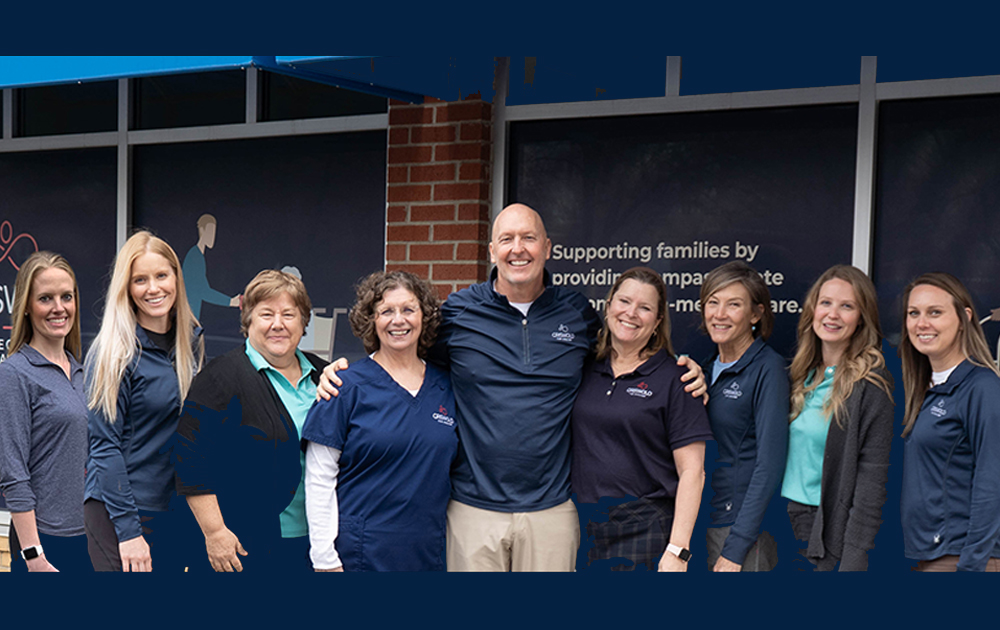
We're Here for You
If you have an aging loved one or a disabled, ill, or injured family member who is struggling to live at home by themselves, turn to the team at Griswold Home Care for an affordable alternative to nursing homes and assisted living facilities. We are a provider of non-medical home care services in Raleigh, Cary, Apex, Wake Forest, Garner, and Clayton. Our local office is backed by a national brand with over 40 years of experience caring for those in need.
Our services can be adjusted and modified to fit the unique needs of your family. Each care service encompasses a variety of other services. We'll discuss all of this during your consultation with our local team.
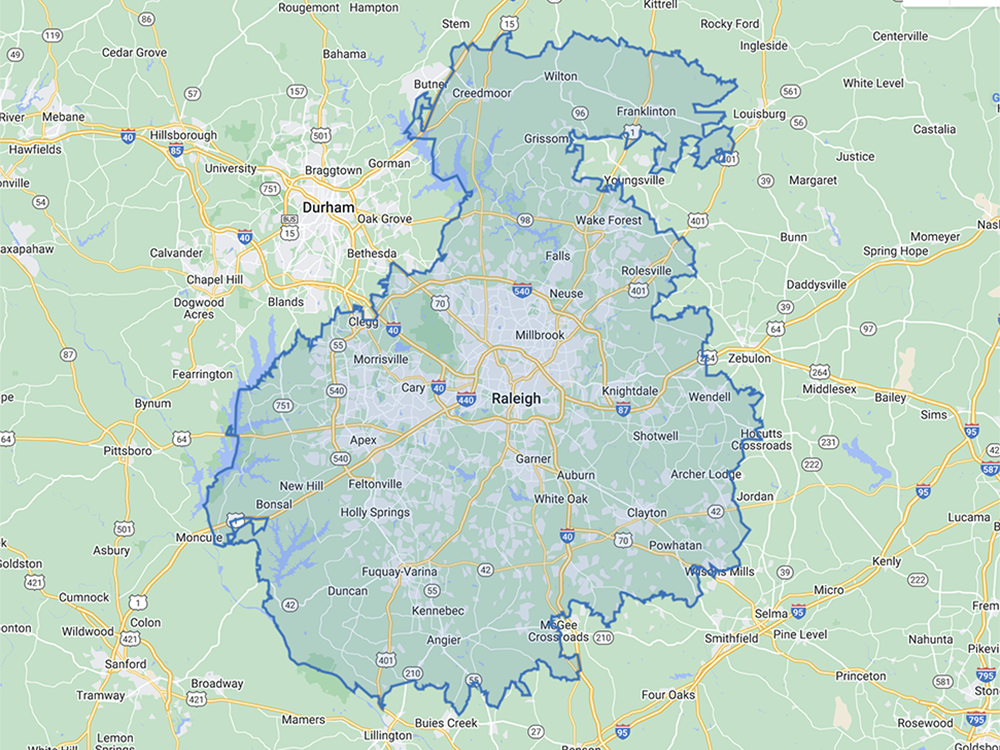
Angier, Apex, Cary, Clayton, Creedmoor, Franklinton, Fuquay Varina, Garner, Holly Springs, Knightdale, Morrisville, New Hill, Raleigh, Rolesville, Wake Forest, Wendell, Willow Spring
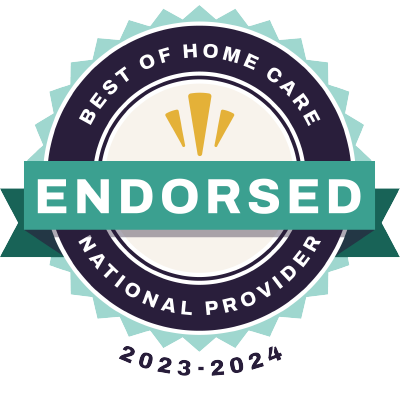
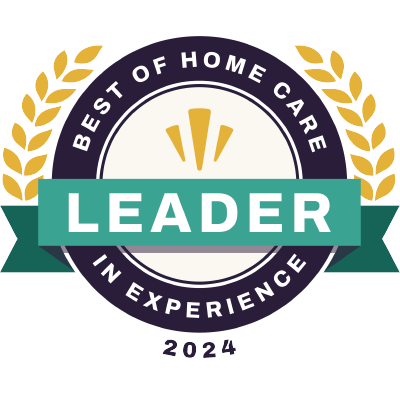
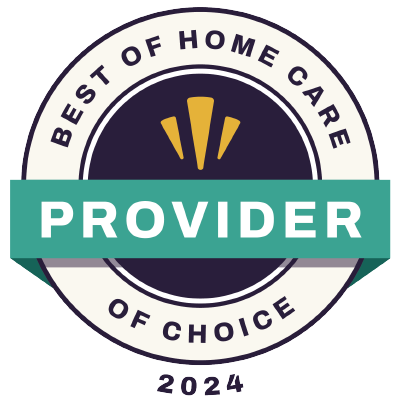
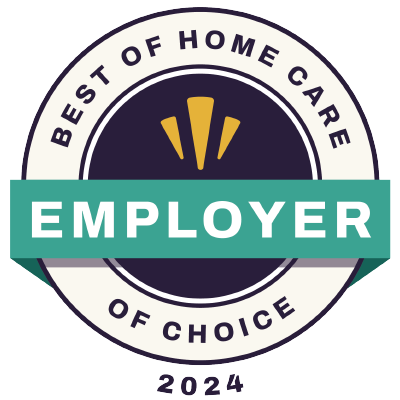
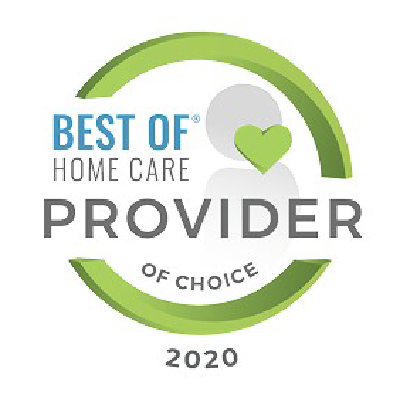
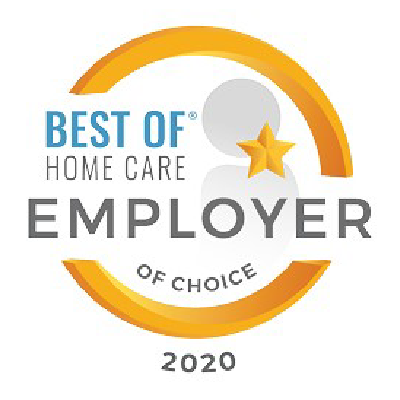

Supporting Caregivers Everywhere
The Jean Griswold Foundation provides scholarships for Care Professionals who wish to further their education in care-related fields. Our communities need Caregivers, and we're committed to supporting their dreams.

